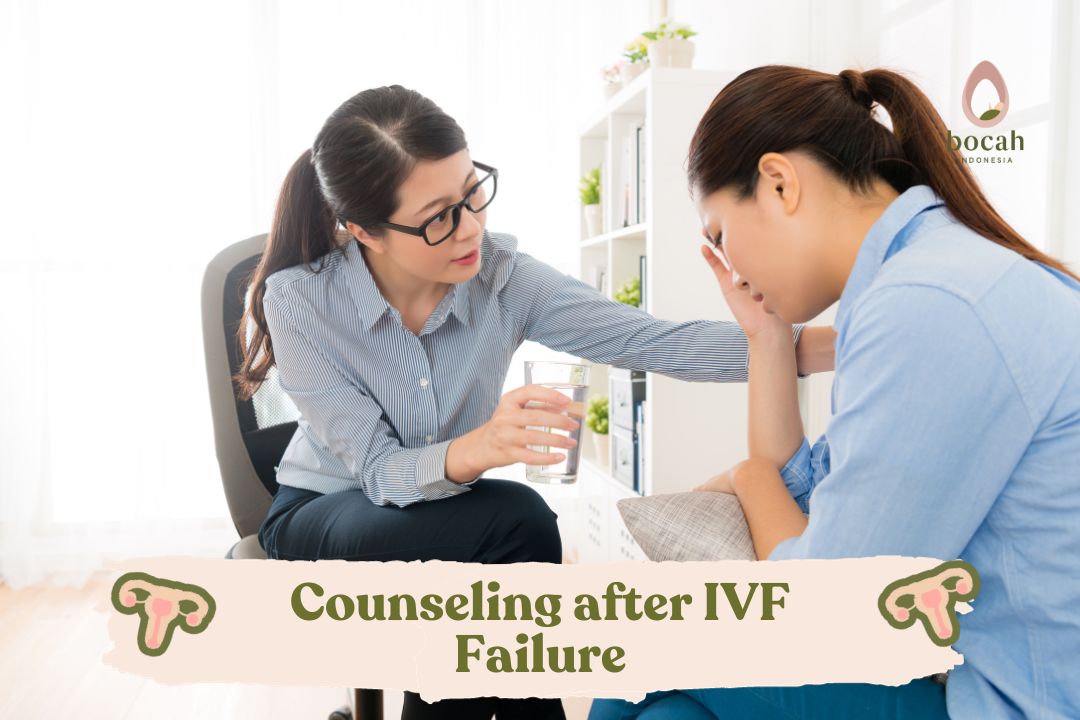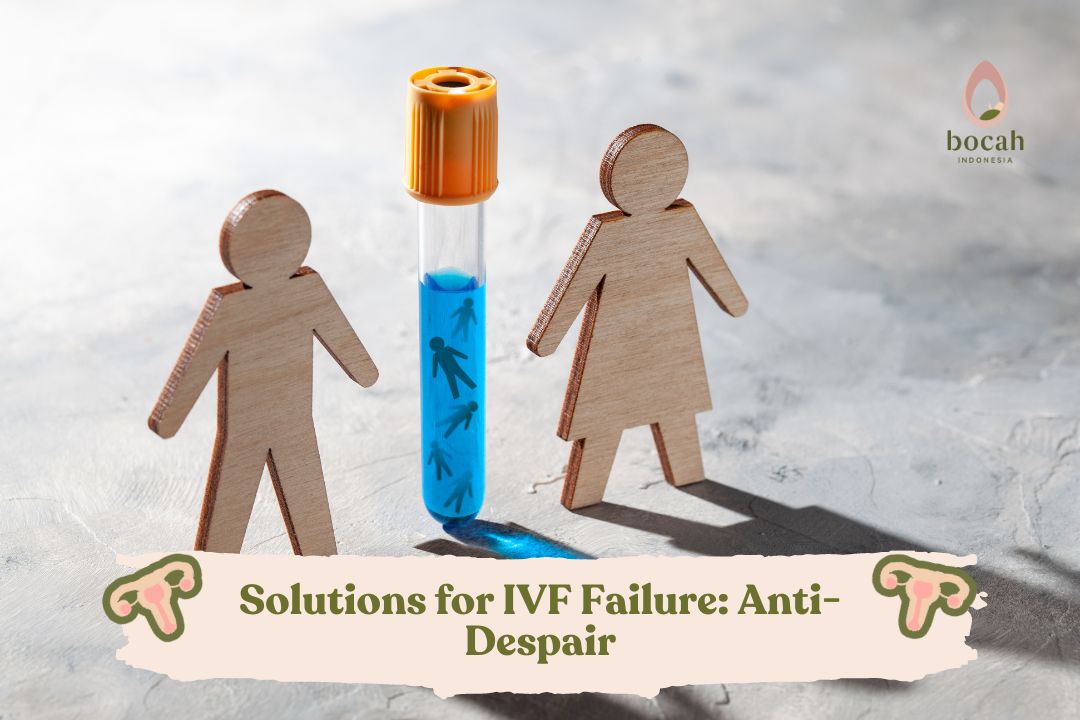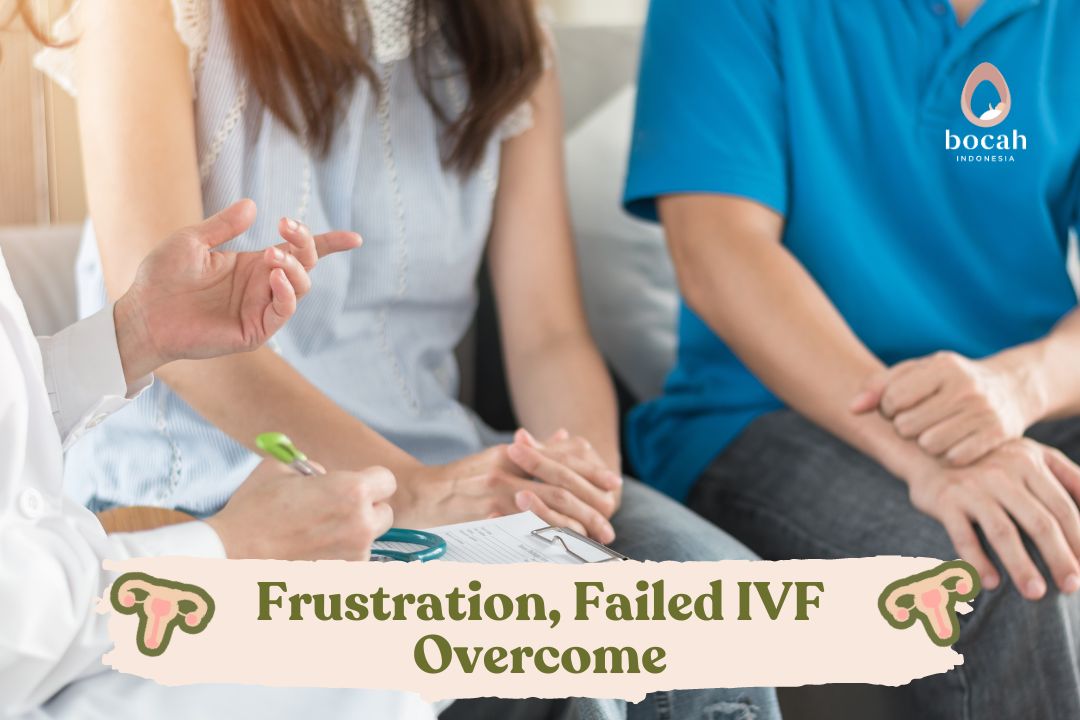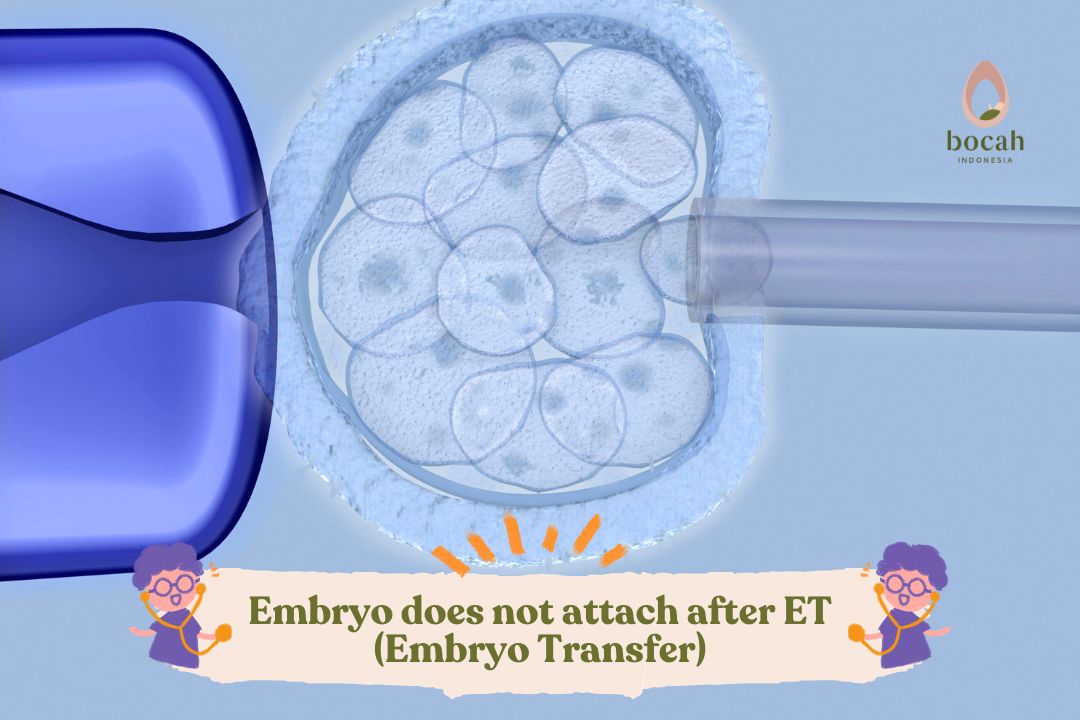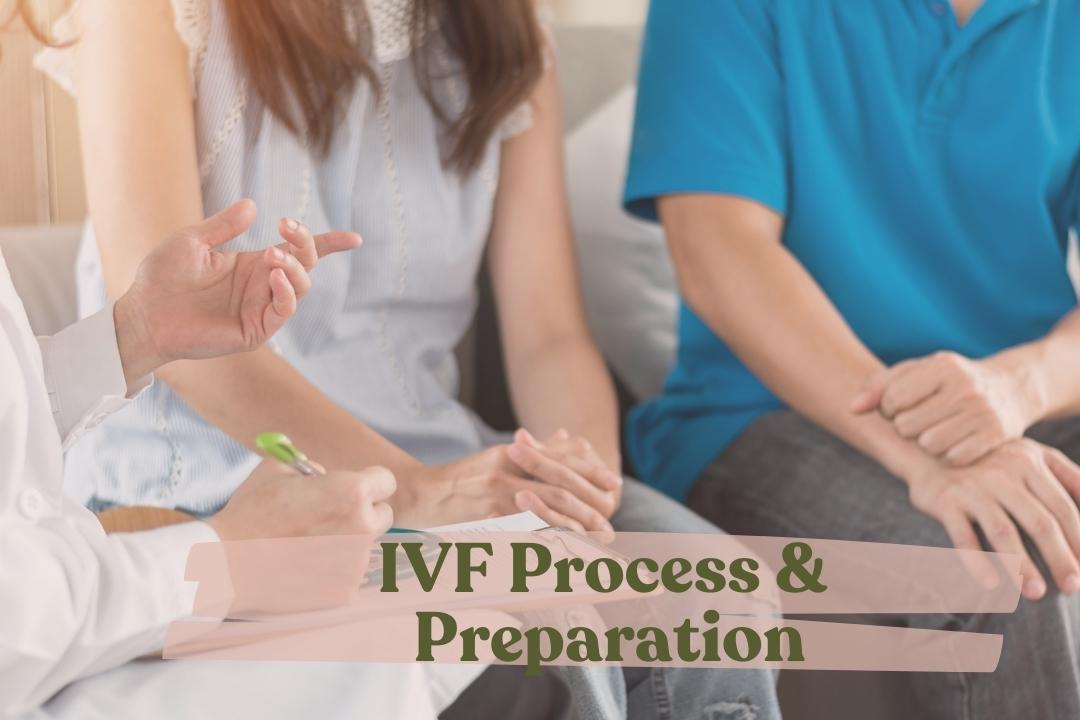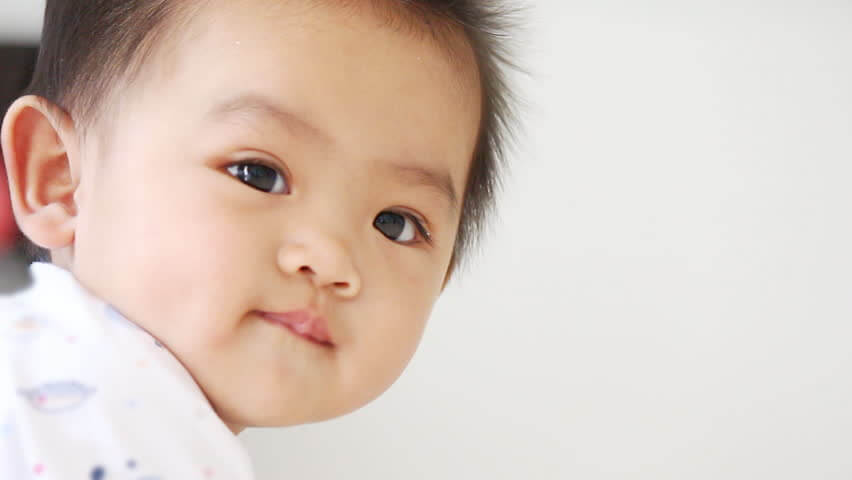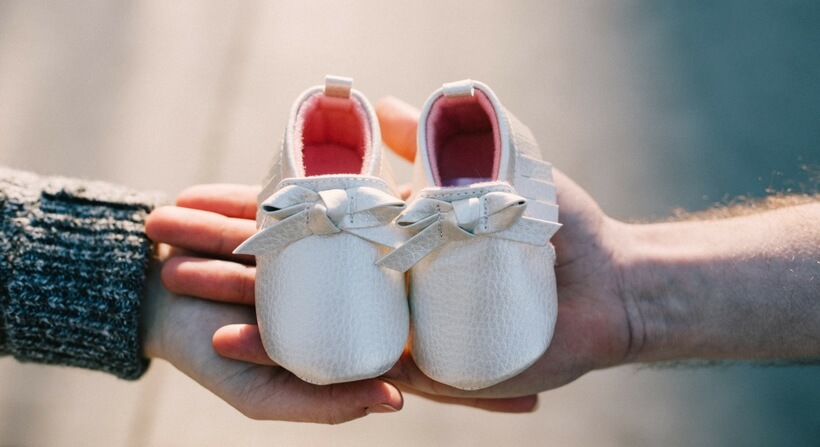Failed IVF, Starting From Scratch?

In-Vitro Fertilization (IVF) Program is one of the assisted reproductive technologies that serve as a pregnancy option for couples struggling with infertility..
For couples facing difficulties in conceiving due to infertility issues, one of the options available is the IVF program. This type of pregnancy program can be pursued if the couple has certain indications.
As one of the assisted reproductive technologies, the IVF program involves a more complex procedure.
In-Vitro Fertilization (IVF) is a fertilization procedure that occurs outside the body (in vitro) and is performed in a laboratory.
There are several indications that require couples to undergo IVF, such as:
Mulai Journey of Hope
-
Women with bilateral tubal occlusion
-
Issues with the male partner’s sperm that cannot be corrected
-
Women who have not conceived after 3 to 4 intrauterine insemination attempts
-
Women who have not conceived after 6 months of fallopian tube correction
-
Women with moderate to severe endometriosis
-
Idiopathic infertility cases where women have not conceived for 3 years
-
Women with diminished egg reserves and ovulatory disorders
-
Women experiencing recurrent idiopathic miscarriages
-
Medical conditions that can be screened with Preimplantation Genetic Testing (PGT)
Is IVF Guaranteed to Succeed?
According to Dr. Febriyan Nicolas, Sp.OG., M.Kes, there is no pregnancy program that is 100% successful to date. This is because there are various factors that can lead to failure in pregnancy programs, including IVF.
According to Dr. Cynthia Agnes Susanto, BMedSc, Sp.OG, an obstetric and gynecology specialist in Indonesia, the success rate of IVF is influenced by several factors:
-
Mother’s age
-
Uterine conditions
-
Healthy lifestyle habits
-
Father’s condition
Factors Leading to Failed IVF Programs
Although IVF has a high success rate, there are several factors that can lead to failed IVF programs, such as:
-
The mother’s age, which determines the quality and quantity of eggs
-
The mother’s body not responding well to the treatment during the pregnancy program
-
Poor embryo quality
-
Unhealthy lifestyle habits, such as smoking, alcohol consumption, and excess body weight
-
Chromosomal abnormalities in the embryo
-
Failed embryo implantation in the uterus or implantation dysfunction
What Are the Alternatives After a Failed IVF Program?
The IVF program, also known as In-Vitro Fertilization (IVF) (IVF), is one of the options for married couples who want to have children but face infertility issues. The lengthy process and considerable cost make couples concerned about the success rate.
Furthermore, failure can also give rise to various emotions for those on the journey to parenthood, making them hesitant to start again. So, what alternatives are there after a failed IVF program? The answer is through embryology counseling.
Why is that? Embryology counseling is a comprehensive consultation service to evaluate previous IVF programs. This consultation can help couples prepare for achieving their dream of having children in the next IVF cycle.
This consultation is conducted in collaboration with Dr. Maitra Djiang Wen, Sp.And – Subsp. F.E.R, Mclin Embryol (Australia), a specialist in andrology and head of the embryology laboratory at Bocah Indonesia. It involves reviewing the medical reports of both partners and embryo development from the previous IVF cycle to maximize the success of the next IVF program.
Some essential data reports to prepare before undergoing embryology counseling include:
-
Basic medical reports for both partners
-
Egg stimulation data (quantity and type of stimulation drugs)
-
Embryology laboratory data (embryo development in the embryology laboratory)
This service is only available at Bocah Indonesia
and cannot be found at other fertility clinics. This service is suitable for couples who have experienced failures or have previously undergone IVF.
Now, in celebration of World Fertility Day, Bocah Indonesia presents Bocah Fertility Week (BFW) 2023
Source:
- Colaco, S., Sakkas, D. (2018). Paternal factors contributing to embryo quality. J Assist Reprod Genet. 2018 Nov;35(11):1953-1968.
- Kadioglu, A., Ortac, M. (2017). The role of sperm DNA testing on male infertility. Transl Androl Urol. 2017 Sep; 6(Suppl 4): S600–S603.
- Fasting While Trying to Conceive? Healthy Meal Ideas for the Entire Month - 04/03/2026
- 12 Foods to Help You Get Pregnant Faster - 03/03/2026
- 3 Juice Recipes for a Pregnancy Program - 26/02/2026


